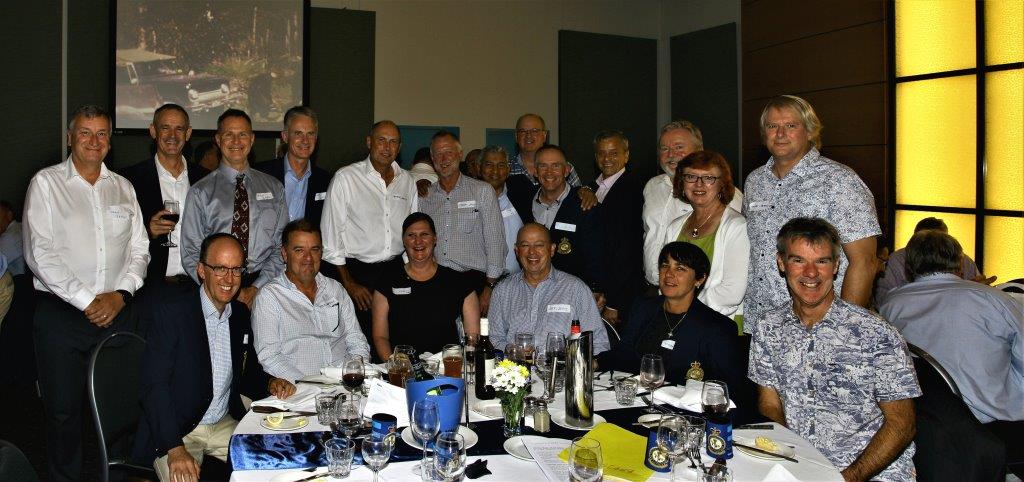|
|
||
|
||
|
Privacy Policy | Editorial Policy | Profit Policy | Join the Association | List of Members | Contact us | Index | Links |
||
|
Back Go to page: 1 2 3 4 5 6 7 8 9 10 11 12 13 14 15 16 17 18 19 20 Forward
|
||
|
|
||
|
Most of the pics on this page have been crunched to allow the page to open quicker. Click each pic to obtain the HD version which you can then download. |
||
|
|
||
|
RAAF Diploma/Engineer Cadet Squadron. Frognall, 1962 - 1986
On the 1st October, 1962, the Diploma Cadet Squadron (DCS), which was previously known as School of Radio Detachment A was formed at Frognall. There were 40 tech cadets enrolled.
Trainees undertook academic training at the Royal Melbourne Institute of Technology (RMIT) and later at the Swinburne College of Technology and also at the Caulfield Institute of Technology. To gain practical experience, cadets visited RAAF bases at Edinburgh. Amberley and Williamtown and units such as the Aircraft Research and Development Unit. To gain further experience, visits were arranged to civilian organisations, including General Motors Holden, H.J. Heinz and Company, Shell Oil Company. Australian Paper Manufacturers, Commonwealth Aircraft Corporation and Trans Australia Airlines.
When not pursuing their studies at RMIT, cadets were given instruction in a range of service and military matters such as Administration, Ground Defence, Drill and Ceremonial, English, Public Speaking and Social Training and to develop character and initiative, they participated in many different sports, including AFL, rugby union, hockey, tennis, etc. Adventure training, for example canoe trips on the Goulburn River, and car trials, were also made available and were well attended.
Cadets were successful academically as well. Air Cadets Henry Detjen [1962] (right), CA. Twine [1963] and C.J. Knowles [1964] each won the Sir Ernest Fiske prize, one of two prizes awarded annually by the Institute of Radio Engineers of Australia. for the most outstanding communications engineering students.
In January 1965 Frognall ceased to be a training centre exclusively for future officers of the Technical Branch. In that month it also became home for six cadets recruited directly from civilian life to begin a three-year associate diploma course in commerce subjects at RMIT, with the aim of taking up commissions in the Equipment Branch upon graduation. In recognition of the growing importance of the DCS, the CO's post was upgraded at this point to Wing Commander rank and additional staff members were posted to Frognall and in April 1971 Pilot Officer C.D. Conran became the first member to graduate with a Diploma in Business Studies. Although these were milestones which gave the program an apparent air of success, in reality there were some features which were distinctly less than satisfactory. Foremost among these was a very high failure rate which meant that only about one-third to a half of those cadets destined for the Equipment Branch were actually graduating and usually taking longer to so do.
The result of this situation was that during February 1971 a sub-unit of DCS called 'Detachment A' was formed at Toowoomba in Southern Queensland. The three students enlisted into this element undertook a course in business studies at the Queensland Institute of Technology, Darling Downs (retitled the Darling Downs Institute of Advanced Education in December 1971), while living at and being administered from the No. 7 Stores Depot at nearby North Drayton. Two of them were offered an exemption on first-year subjects, while the third (the son of the CO of 7SD) was already a student at the Institute who subsequently joined the RAAF. Under this arrangement the first class of the new detachment were enabled to complete the four-year diploma course in just three years.
The maintenance of the cadet flight at Toowoomba as a detachment of DCS was an arrangement continued until 24 October 1973, when full functional control of these cadets was transferred to 7SD and all connection with Frognall ended. Removal of the Toowoomba detachment from the DCS strength figures saw the number of cadets drop from 134 in February 1973 to 107 a year later, and for the rest of the 1970s the size of new intakes kept the squadron's starting strength each year averaging between 95 and 110. The number of graduates produced annually from a student pool of this size varied from the late 1960s until 1976 between 22 and 27, with only 1971 standing out as the exception with 35 graduates. Thereafter the number declined to around 15-17, which was the same level which prevailed up to 1968
Early on, there was a lot of dissatisfaction in the physical environment at Frognall, stemming primarily from use of the old wartime huts as sub-standard accommodation and it wasn’t until July 1971 that new living quarters were completed enabling cadets to have their own individual rooms instead of being accommodated four to a room.
In December 1976, the Melbourne Telecommunication Unit, which had operated from Frognall since 1942, was disbanded and DCS became the sole occupier of the site, at the same time, changing its name to the Engineer Cadet Squadron (ECS). This was necessitated because RMIT discontinued the Diploma course as the the Institute of Engineers of Australia decided not to recognise holders of a Diploma received after 1980. Instead, graduating cadets were now to receive a degree and would be commissioned with the rank of Flying Officer. Diploma graduates were commissioned with the rank of Pilot Officer.
The base at Frognall closed down in March 1986 and was sold by the Commonwealth a short time later. A scheme which provided the RAAF with graduate engineer officers for 25 years closed on this day after a graduation parade at Frognall, in the Melbourne suburb of Canterbury, reviewed by the Air Officer Commanding Support Command, Air Vice-Marshal Peter Scully. From its beginnings in February 1961 as ‘Detachment A’ of the Radio Apprentice School, then Diploma Cadet Squadron from 1962, and Engineer Cadet Squadron (ECS) from 1976, the unit administered officer cadets who were studying for engineering diplomas and degrees at the Royal Melbourne Institute of Technology. From 1965 Frognall was also home to cadets studying Commerce at RMIT before becoming officers in the Equipment Branch, an arrangement which ended in 1973.
With the closure of the ECS, future intakes of RAAF engineer students attended the new Australian Defence Force Academy.
Click the pic below to see video of Frognall as it was and to see some of the "inhabitants."
|
||
|
|
||
|
Politicians are people who, when they see light at the end of the tunnel, go out and buy some more tunnnel. |
||
|
Over the two days, Wednesday 27Mar and Thursday 28Mar19, the Ex-Froggers DCS/ECS people held a function in Canberra, at the Ainslie Football and Social Club. On the Wednesday they held an impromptu “meet and greet” get together in the down-stairs area and on the Thursday night it was a “couth and culture” sit-down dinner event in the up-stairs function room.
There were some rules - see HERE
|
||
|
Those two days coincided with the 98th year anniversary of the formation of the RAAF so there was a double reason to celebrate.
The following were some of those who braved the Wed afternoon:
|
||
|
|
||
|
|
||
|
|
||
|
|
||
|
|
||
|
||
|
Those at the Thursday night dinner were: (All names left to right, the number beside the name indicates the person's course)
|
||
|
Gate keeper for the evening's event was Dave Beattie, ably assisted by his lovely daughter Rebekah.
|
||
|
The room as she was early in the evening.
|
||
|
With the troops seated.
Click the pic below. |
||
|
|
||
|
|
||
|
Anker Brodersen (27), Lee Stanley (27), David (27) and Meg Leaney.
|
||
|
Ben Morris (23), Axel Augustein (24), Graeme Stark (24)
|
||
|
David Ball (26), Nick Maill (26), Colin Thorne (26), Ingrid Zlabur, Helen Thorne.
|
||
|
Des Tromandanous, Jenny Fantini (23) Jenny was the RAAF’s first female engineer graduate.
|
||
|
Seated: Des Tromandanous, Jenny Fantini (23), Ted Heskett (WOD 78 – 81), George Breen (23), Ken Roberts (23), Oi. Standing: “Bill” Hayden (23), Glenn Evans (23), Bradley Grey (23).
|
||
|
Fay Murphy, Sue Penna, Gwen MacDonald.
|
||
|
Front: Rino Carrera (26), Nick Maill (26), Col Thorne (26), Gary March (26), Standing: John Gallant (26), David Ball (26), Tim Malone (26), Peter Johnson (26), Michael Wilkington (26).
|
||
|
Helen and Ralph (12) Waters, Frank (12) and Lydia Grimshaw, Rus Garaway (14).
|
||
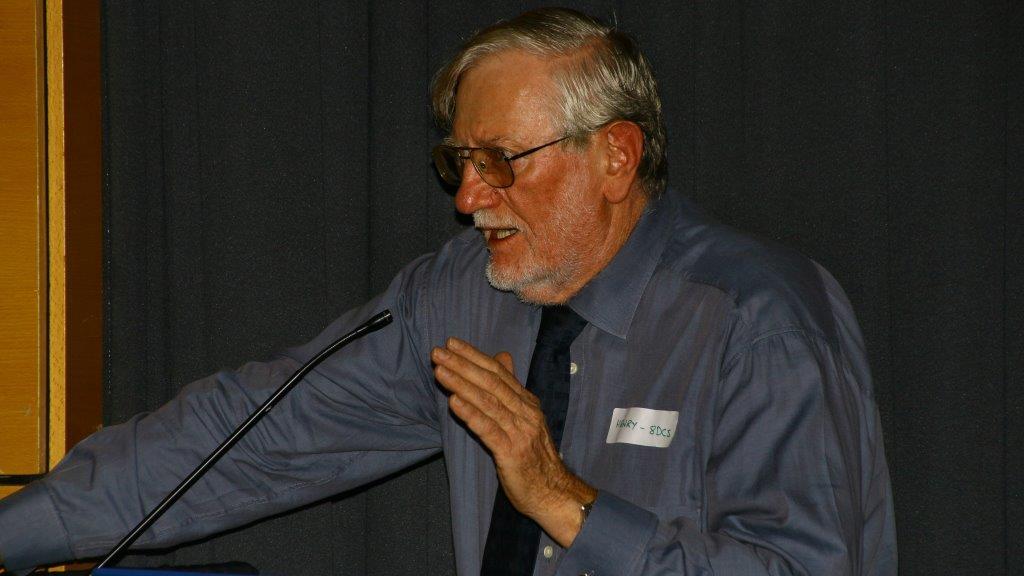 |
||
|
When the beer began to flow, Henry Detjen (8) gave everyone absolution and absolved them from their pledges of abstinence.
|
||
|
Jodi Steel (29) [nee Newton], Julie Peterson (29) [nee Bastin].
|
||
|
John and Judy Webster (RAAFA ACT).
|
||
|
John Hulbert (2), Max Flint (2).
|
||
|
Kev Walker (24), Peter Bright (24).
|
||
|
Leigh Gordon (27), Chris Castles (27), Peter Johnson (27), Tim Malone (27).
|
||
|
Lynne and Keith (15) Russell, Gail and Dick (15) Powell.
|
||
|
Max Lack (19) laying the law down – “Tonight there will be no dancing on tables!!”
|
||
|
Meg Leaney, Adele Gordon.
|
||
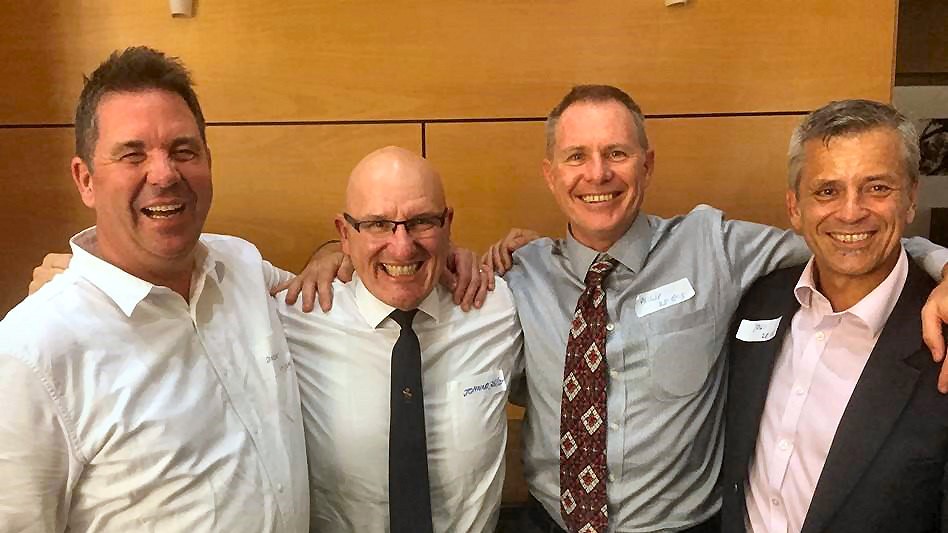 |
||
|
Pieter "Dicky" Van Dijk (29), Peter "Johno" Johnson (26/27), Phil Gammon (28), Dave Blacklock (28)
These blokes were Production Engineers, a little known minority group scattered through the 1980s at ECS Frognall. Phil says:
“The only Prod missing is Paul “Orby” Anderson from 27 Course. But 80% attendance at BFR19 was pretty good.
Officially, in our time the degree was known as Manufacturing Systems Engineering but it had previously been known as Production Engineering and we don’t object to being called Prods. We were part of the Mechanical Engineering department. All students doing the Mech Eng degree had a choice at the end of second year – to continue studying Mech or to spend the final two years doing Prod subjects and receive the alternative degree. I was amused by Chris’ comment: “We are still trying to find out why the RAAF had a demand for this flavour of Engineer”. I don’t think that there was ever any planning on the RAAF’s part. My understanding, and Johnno can correct me if I am wrong, was that he simply exercised his choice to do Prod and the RAAF didn’t find out until the end of third year that he was no longer doing a Mechanical Engineering degree. It’s probably just an urban legend but I believe that there were threats of making some early Prods repeat third year at their own expense to get back on the Mech path.
The lack of oversight of our academic progress was a mistake that was repeated year after year. I’m fairly sure that the RAAF didn’t find out that I was doing Prod until the end of third year. Fortunately, in meetings between the RAAF and the Engineering faculty, RMIT must have been able to convince the RAAF that we would be well qualified to fulfil many engineering roles. In fact, they were probably astounded that the RAAF didn’t send more of their cadets down this path! Although we were lumped into the AERO branch I always felt that my degree was better preparation for the postings I received, with stints in GEMF and Production Control Flight at 2AD, then AIRENG3 and finally SOPD (Performance Data) in DLQPE.
Within a few years of our graduation the Manufacturing Systems degree was in a department of its own and was a distinct course taught from year one right through to fourth year. I can’t be sure but think that it may have evolved into the Bachelor of Engineering (Adv Manufacturing and Mechatronics) degree that RMIT are now offering.”
Johno: “At recruiting, Mech Eng was offered, however, by the time I joined Mech was destined to be subsumed into Aero as a category. When I left Frognall I was an Aero from the start, however earlier years, some years before were limited to "trucky" postings as Mech Engs. I don't recall a threat of repeating third year. The way I recall, strongly, is that I sought permission to study Production Engineering. I was surprised when the response was ambivalence. So I proceeded to become a Prod. By the way, my choice was influenced by 2nd year work experience at 2AD Production Control Flight. I have always considered Prod was a much better suited qualification for depot or 400 series squadrons. Even more so in SORO, but the view was/is Aeros can do everything. I could go on about the discipline of Production or Industrial or Manufacturing Systems - as RMIT began to call it in 1984 or 85 - but I won't. Small point: although I completed the Manufacturing Systems course, for the title of my degree I was able to choose between Mech or Manufacturing Systems. I chose Mech for its long pedigree and more universal application. Notwithstanding, I am a proud Prod!"
|
||
|
|
||
,%20%20Barbara%20Lowery,%20%20Chris%20Beattie%20(1),%20%20Ken%20(Unsure)%20Johnson%20(1)%20a.jpg) |
||
|
Merv McDougall (2), Barbara Lowery, Chris Beatty (1), Keith Johnson (1).
|
||
|
||
|
|
||
|
Seated: Carol Millington, Maurice Kissane (19), Steve Millington (19), Stuart Garrett (19), Max Lack (19). Standing: Pam and Graham (19) Wallace, Phil Campbell (19), Jill Garrett.
|
||
|
Seated: Joy Rickert, Denise Dudman, Lorraine Gentle, Standing: Glenys Bickle, Gillian Giles.
|
||
|
Michael Walkington (26), Tony Burt (26), John Gallant (26), Angie Gallant, Rino Carrera (26).
|
||
|
Steve Rampant (25), Mal Benfer (25), Steve Ranson (25), Lyndon Tilbrook (25), Darcy Brooker (25).
|
||
|
Trevor Sutherland (17), Ken Thomson (17), Neil Kennedy (17), Greg Donaldson (17), Brian Cather (17), Dave Stanfield (17).
|
||
|
Wendy Kennedy, Barbara Cather, Nicole Stanfield.
|
||
|
Front: Anthony King (30), Tracey Judd (30) Matt Gollings (30), Greg Hoffman (30), Mark French (30). Rear: Scott Miller (30), Greg Curr (30), Nico Padovan (30), Steve Bray (30), Mark Scougall (30), Adrian Carswell (30), Michael Kulh (30).
|
||
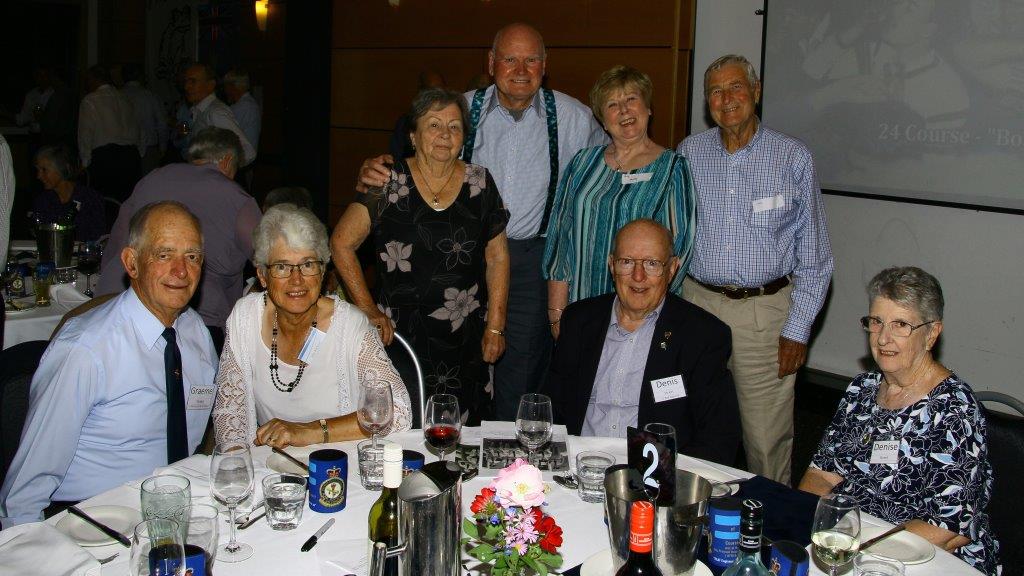 |
||
|
Course 1 table.
|
||
|
Course 13.
|
||
|
Course 13 table.
|
||
|
Course 22 table.
|
||
|
Course 27 table
|
||
|
Course 28 table
|
||
|
Course 28
|
||
|
If you had to choose between drinking wine every day or being skinny which would you choose? – red or white?
|
||
|
|
||
|
|
||
|
|

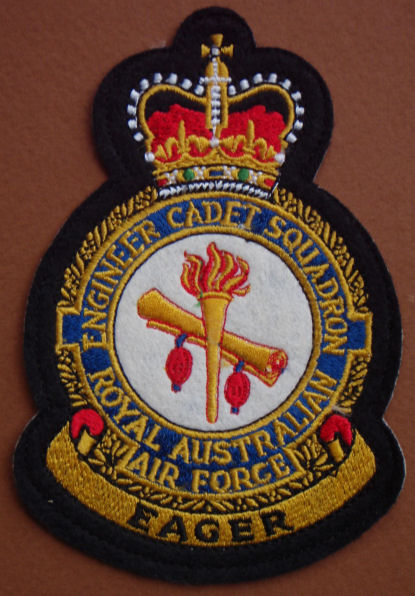
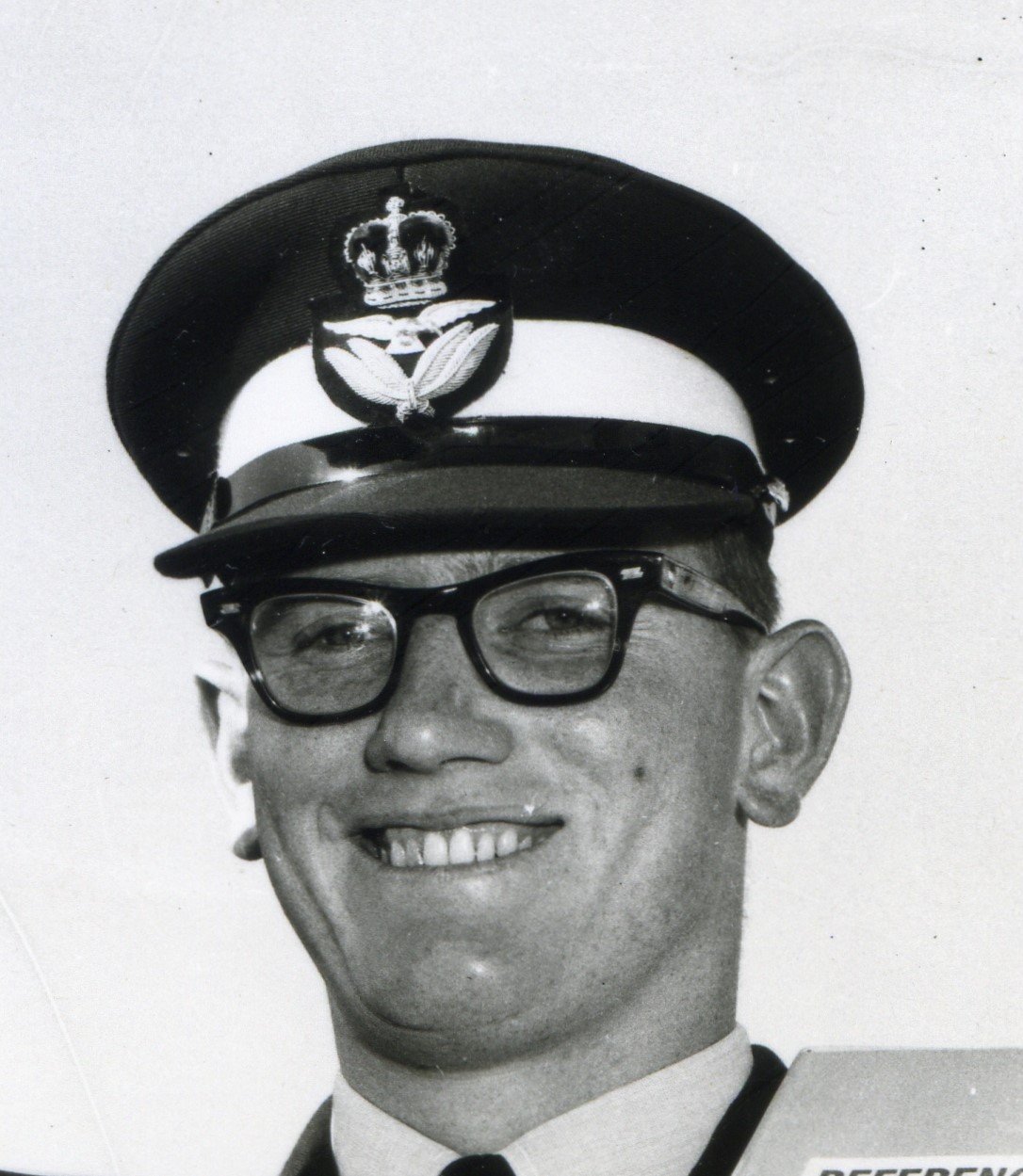
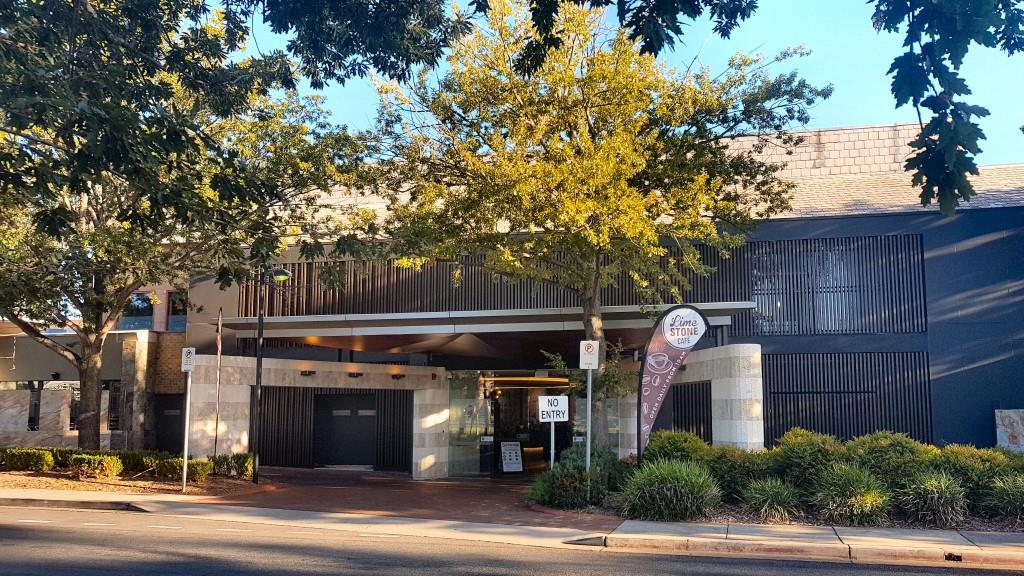
%20a.jpg)
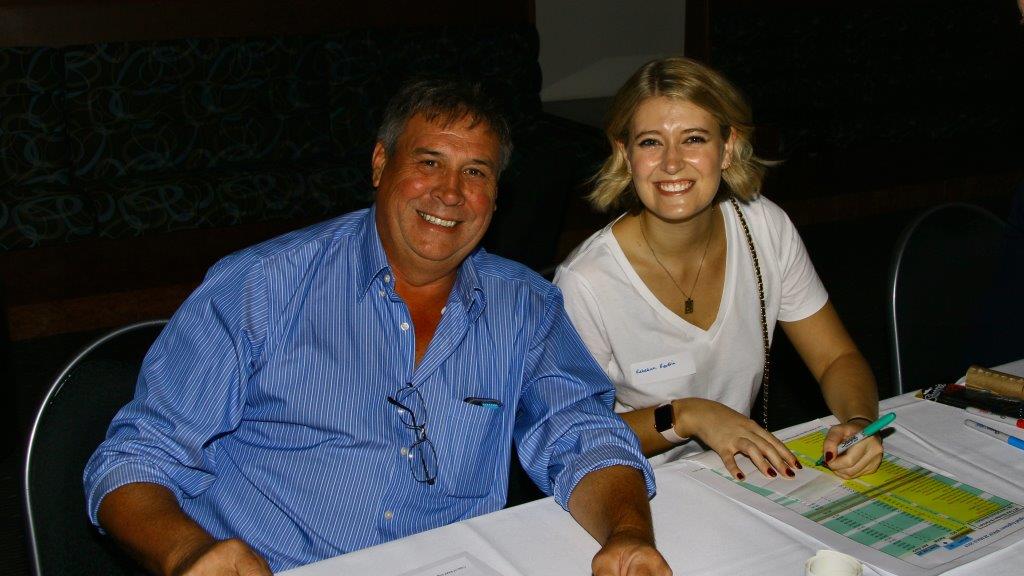
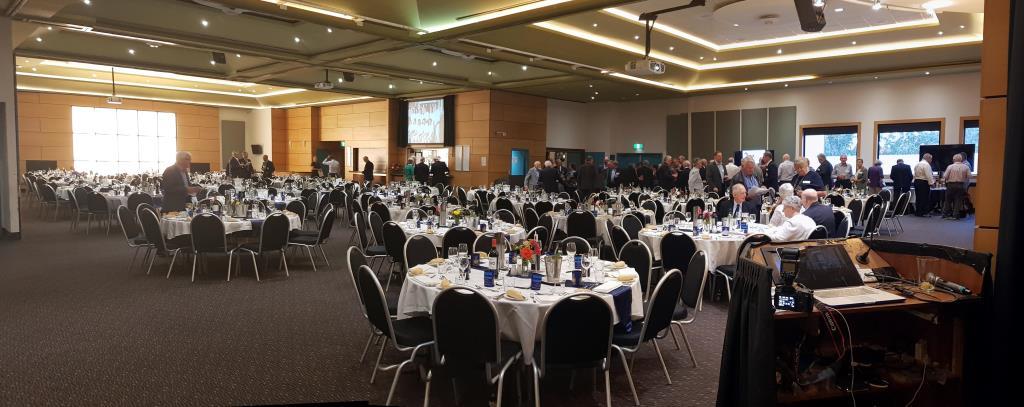
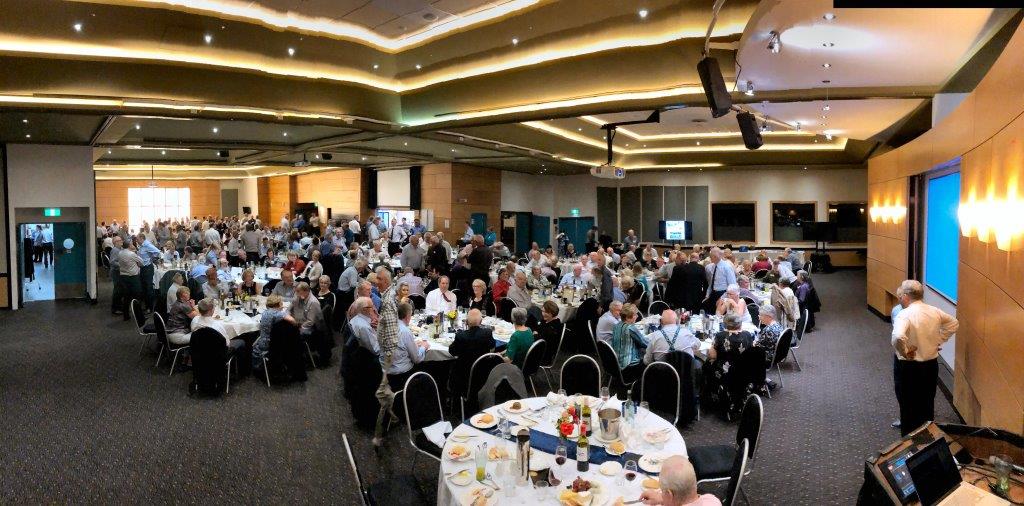
,%20%20Lee%20Stanley%20(27),%20%20David%20(27)%20and%20Meg%20Leaney%20a.jpg)
,%20%20Axel%20Augustein%20(24),%20%20Graeme%20Stark%20(24)%20a.jpg)
,%20%20Nick%20Maill%20(26),%20%20Colin%20Thorne%20(26),%20%20Ingrid%20Zlabur,%20%20Helen%20Thorne%20a.jpg)
%20a.jpg)
,%20George%20Breen,%20%20Ken%20Roberts,%20%20Oi,%20Standing,%20Bill%20Hayden,%20%20Glenn%20Evans,%20%20Bradley%20Gray%20a.jpg)
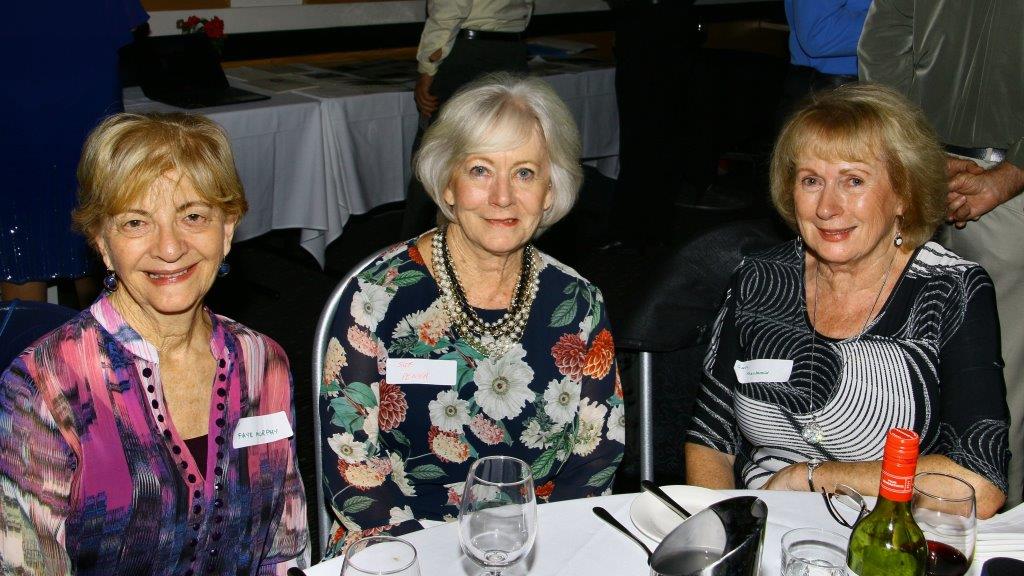
,%20%20Nick%20Maill%20(26),%20%20Col%20Thorne%20(26),%20%20Gary%20March%20(26).%20%20Standing;%20%20John%20Gallant%20(26),%20%20David%20Ball%20(26),%20%20Tim%20Malone%20(26),%20%20Peter%20Johnson%20(26),%20%20Michael%20Wilkington%20(26)%20.jpg)
%20and%20Lydia%20DON'T%20KNOW,%20%20Russ%20Garraway%20(12)%20a.jpg)
%20-%20nee%20Newton,%20%20Julie%20Peterson%20(29)%20-%20nee%20Boston%20a.jpg)
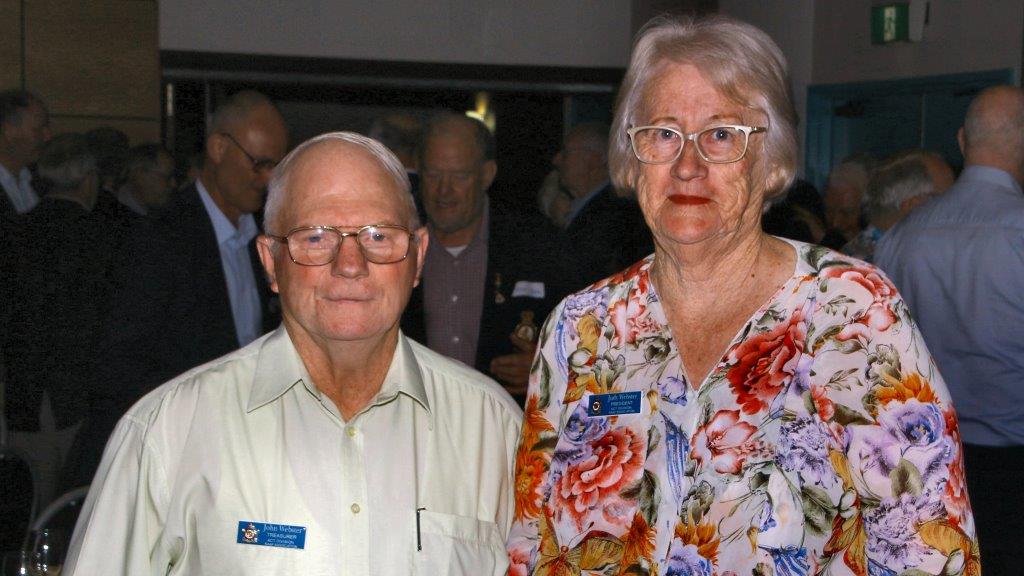
,%20%20Max%20Flint%20(2)%20a.jpg)
,%20%20Peter%20Bright%20(24)%20a.jpg)
,%20%20Chris%20Castles%20(27),%20Peter%20Johnson%20(27),%20%20Tim%20Malone%20(27)%20%20a.jpg)
,%20%20Gail%20and%20Dick%20Powell%20(15)%20a.jpg)
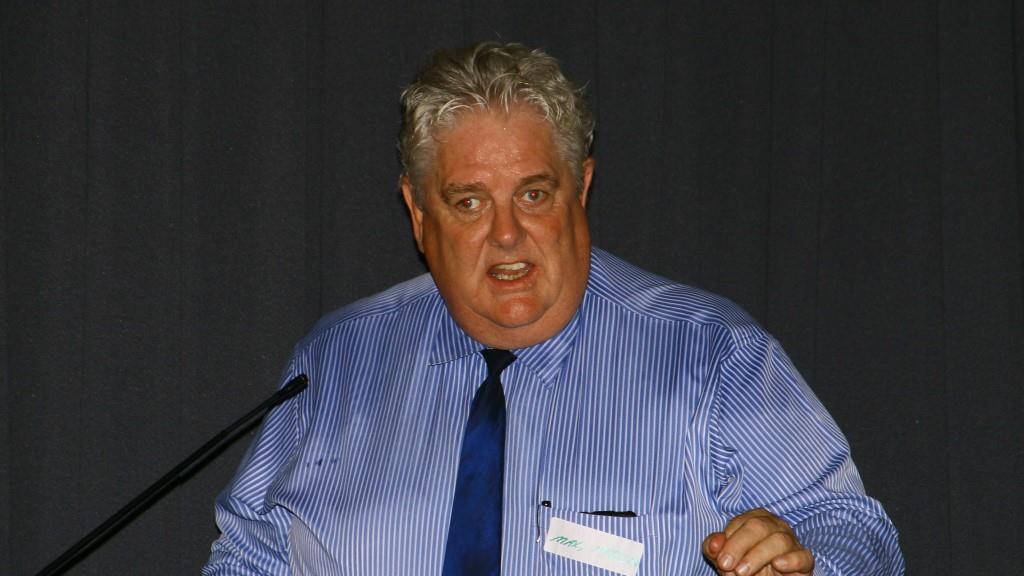
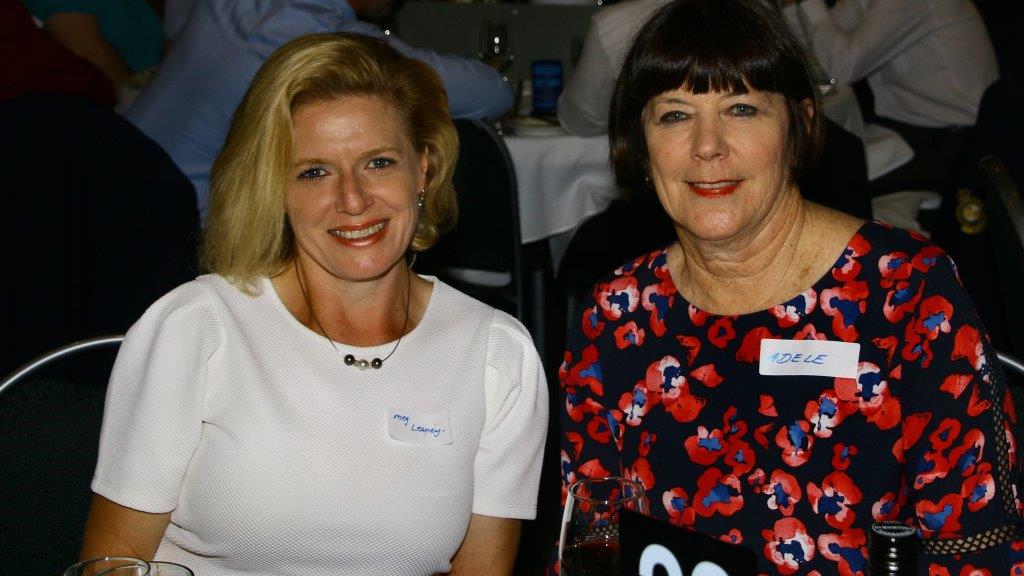
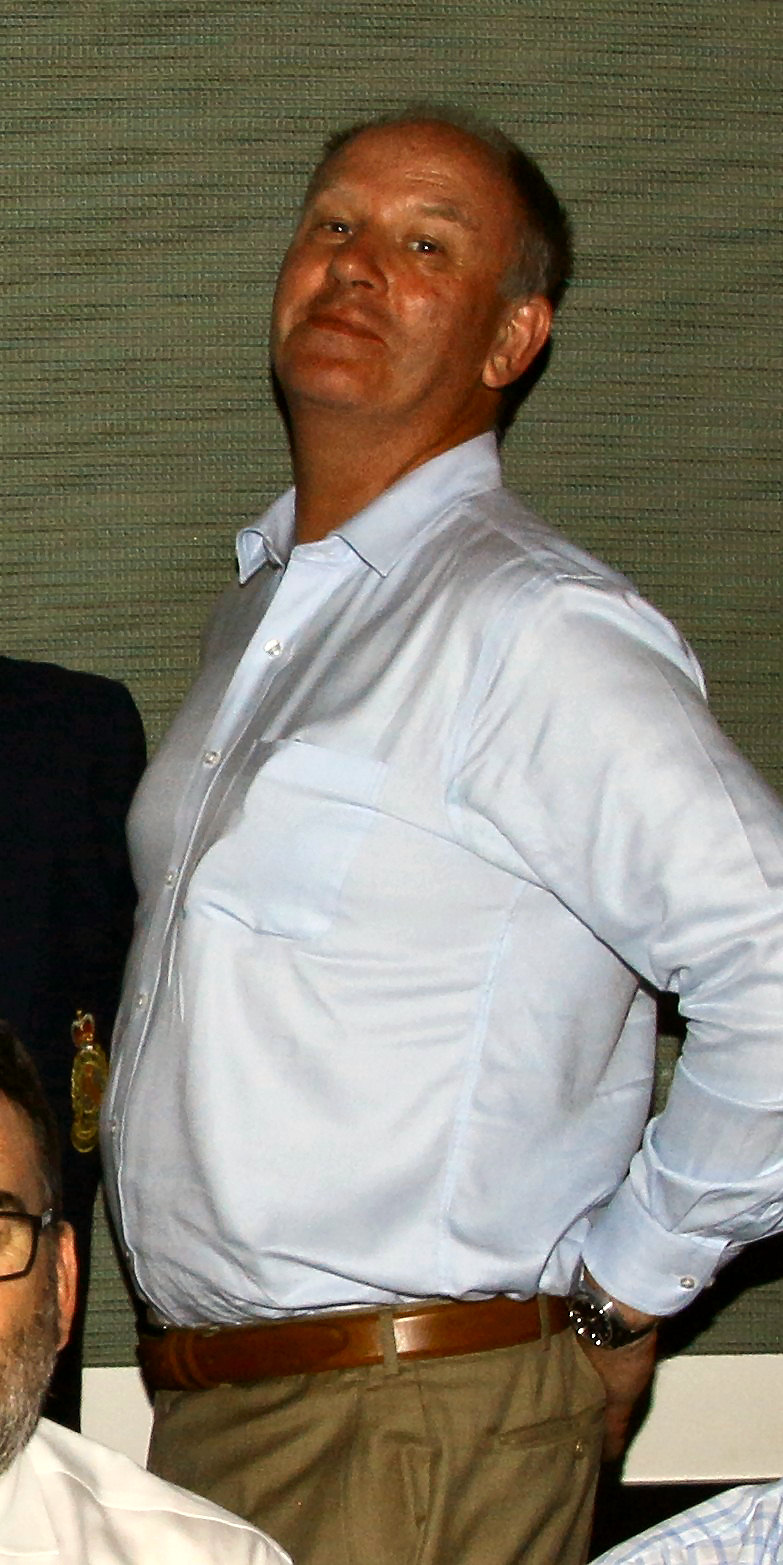
,%20%20Steve%20Millington%20(19),%20Stuart%20Garrett%20(19),%20%20Max%20Back%20(19).%20%20Standing;%20%20Pam%20and%20Grahem%20Wallace%20(19),%20Phil%20Campbell%20(19),%20%20JJill%20Garrett,%20a.jpg)
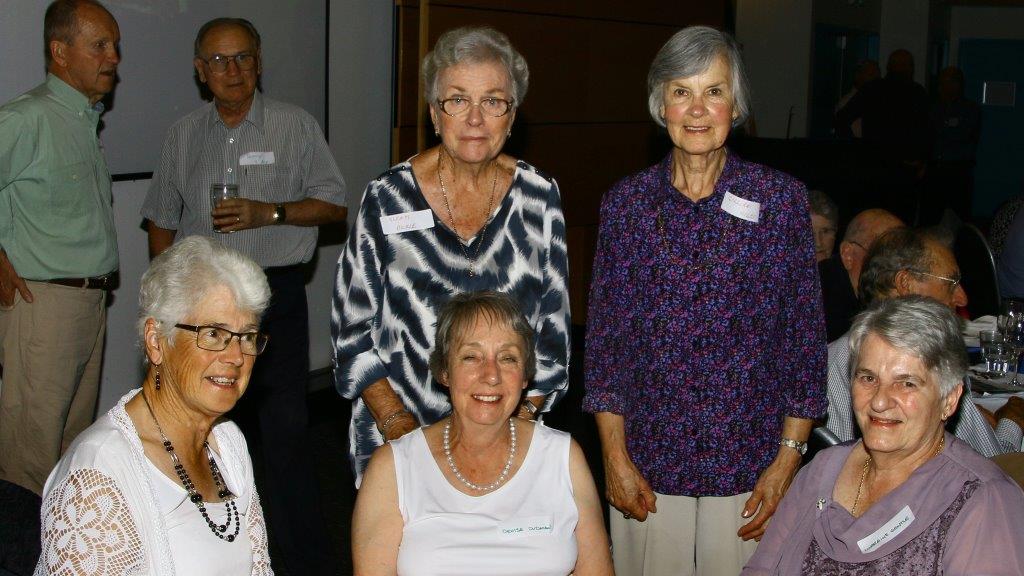
,%20%20Tony%20Burt%20(26),%20%20John%20Gallant%20(26),%20%20Angie%20Gallant,%20%20Rieno%20Carrera%20(26)%20a.jpg)
,%20%20Mal%20Benfer%20(25),%20%20Steve%20Ranson%20(25),%20%20Lyndon%20Tilprook%20(25),%20%20Darcy%20Brooker%20(25)%20a.jpg)
,%20%20Ken%20Thomson%20(17),%20%20Neil%20Kennedy%20(17),%20%20Greg%20Donaldson%20(17),%20%20Brian%20Cather%20(17),%20%20Dave%20Stanfield%20(17)%20a.jpg)
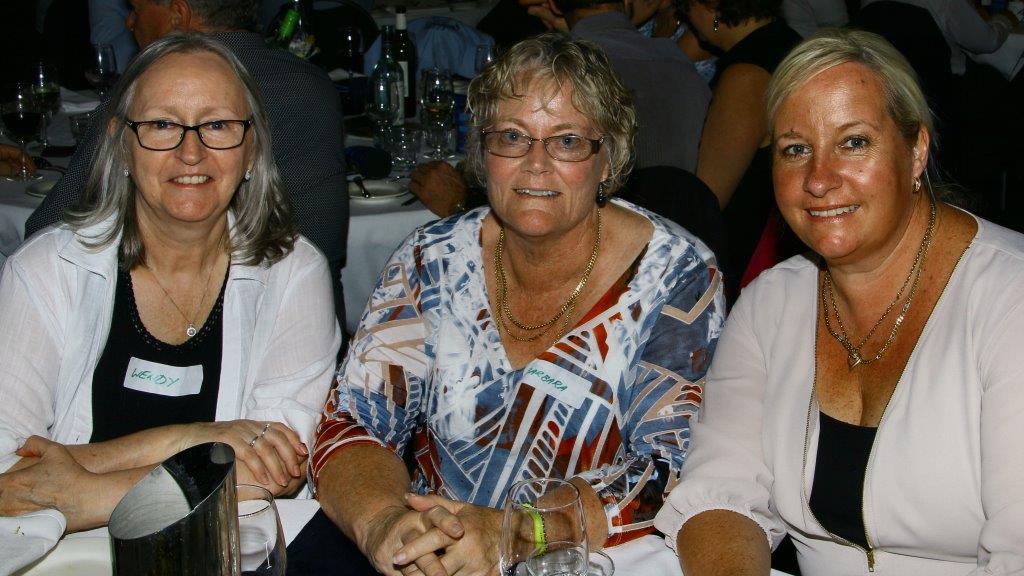
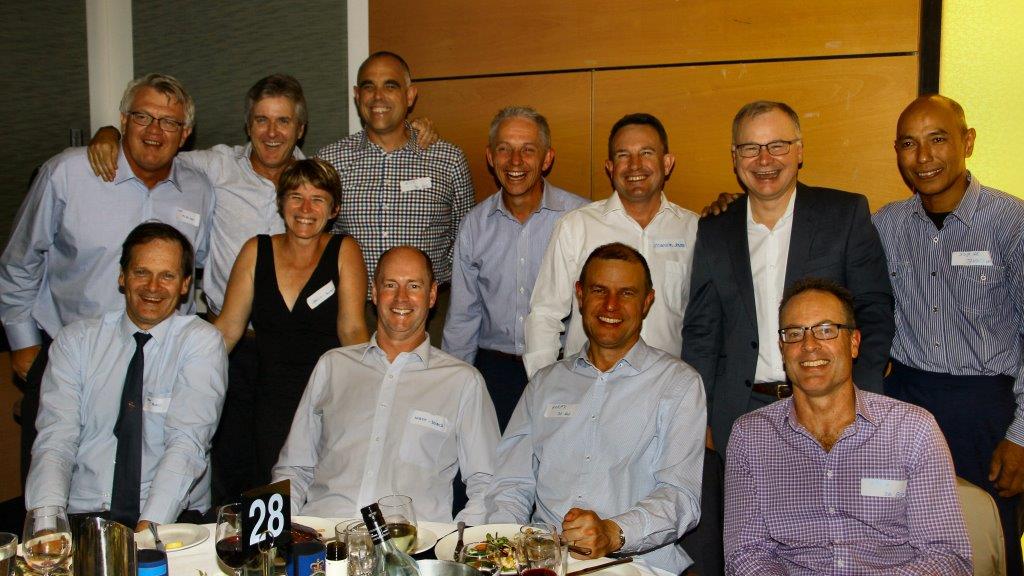
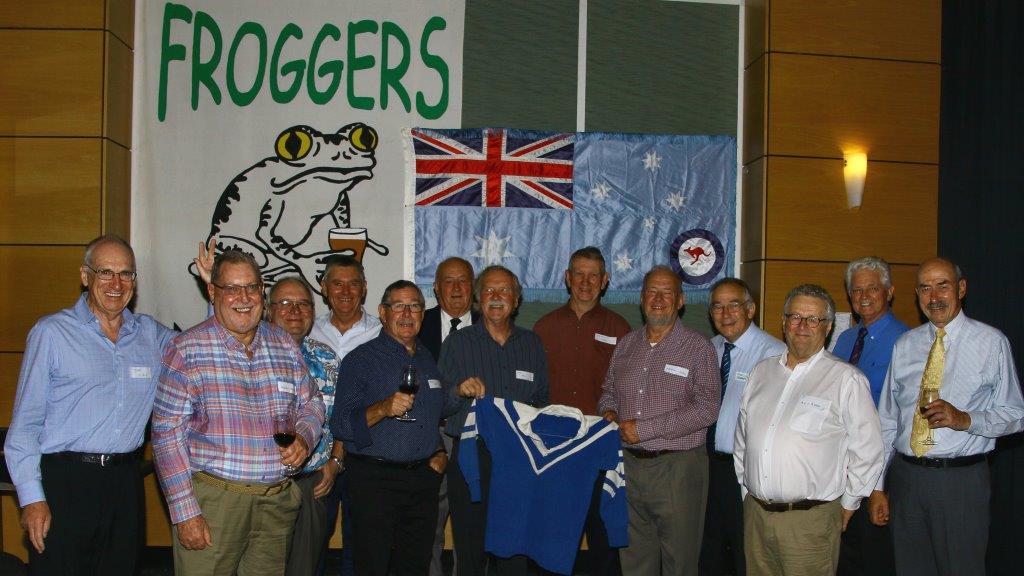
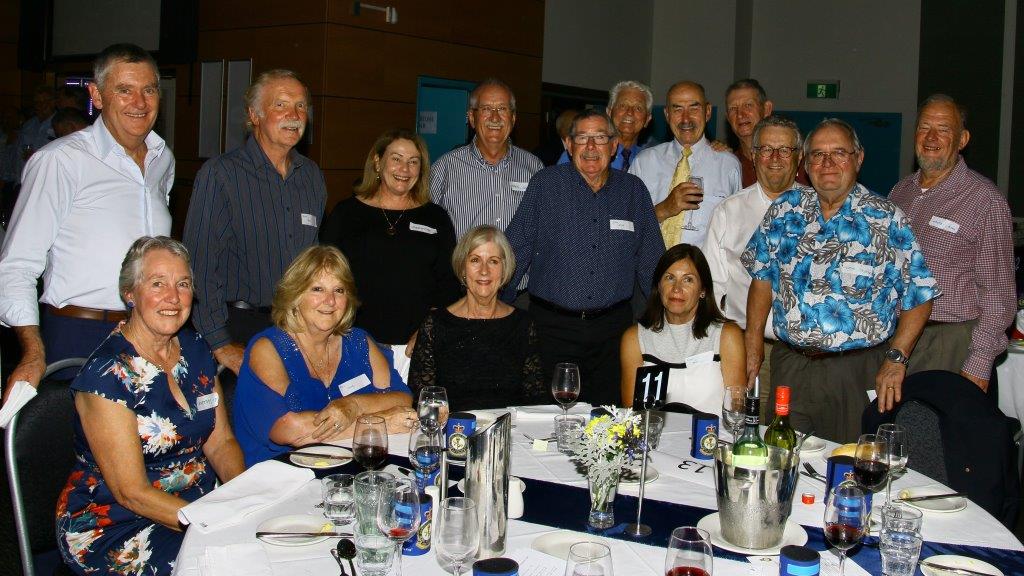
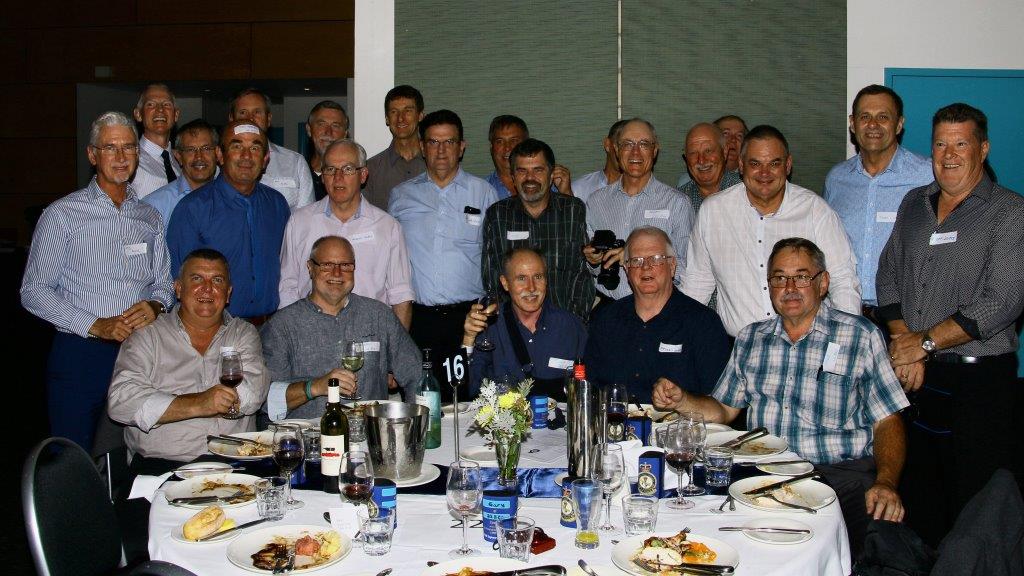
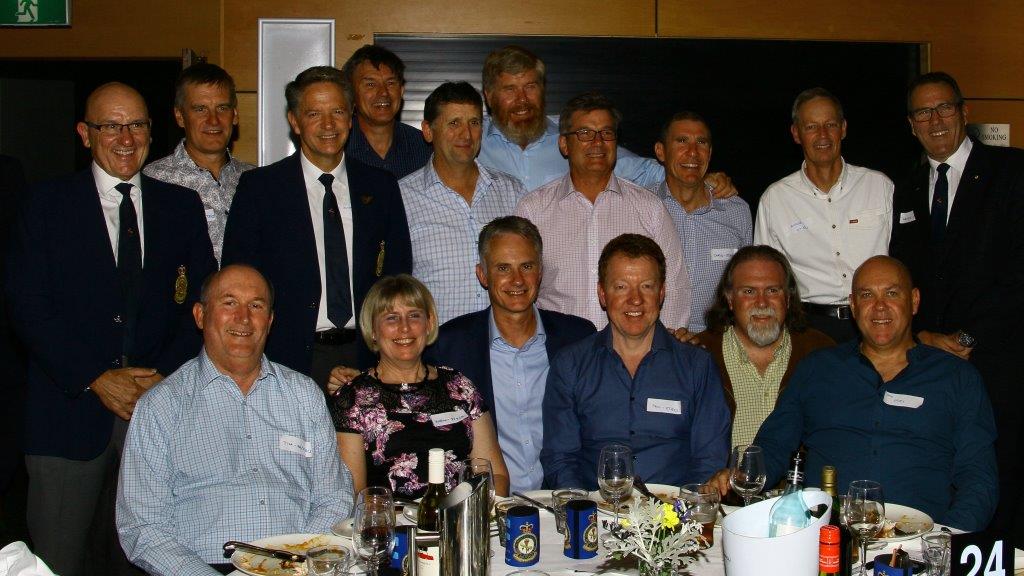
%20a.jpg)
